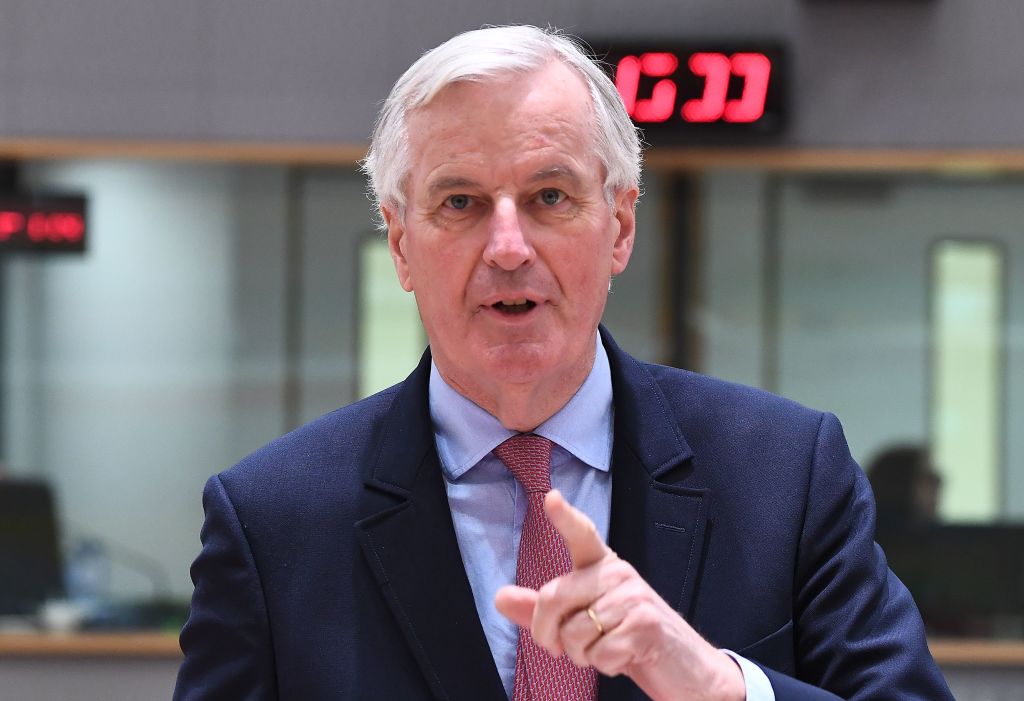This morning a number of reports in the papers prompted talk of a small breakthrough in the Brexit negotiations. Among them, the Financial Times – a paper not known for always seeing the sunny side of the referendum result – reported that the mood in Brussels was changing with the EU now more willing to ‘fudge’ certain aspects of the negotiations in order to avoid no deal. With Theresa May en route to visit Emmanuel Macron at his holiday retreat tomorrow in the south of France, things appeared to be looking up for No 10.
So, perhaps it should come as little surprise that right on cue the rigid European Commission have popped up to pour cold water on any such claims. In an article that will be published in 20 newspapers around Europe, Barnier appears to rebuff recent efforts by Theresa May and her ministers to persuade individual EU leaders to back the Chequers proposal. He says that any suggestion of dividing the single market is a no-goer:
‘The UK knows well the benefits of the single market. It has contributed to shaping our rules over the last 45 years. And yet, some UK proposals would undermine our single market, which is one of the EU’s biggest achievements.
The UK wants to keep free movement of goods between us, but not of people and services. And it proposes to apply EU customs rules without being part of the EU’s legal order. Thus, the UK wants to take back sovereignty and control of its own laws, which we respect, but it cannot ask the EU to lose control of its borders and laws.’
He does, however, restate that he is ‘ready to improve’ the EU’s proposal on the backstop.
Although Barnier’s scepticism over May’s proposals is nothing new, the timing of the article is curious. It comes as Macron’s spokesman has today issued a statement insisting the pair’s discussions will not be a ‘substitute for the negotiations’ – and restating Macron’s faith in Barnier’s work.
Now, perhaps the EU27 really are as in harmony with the European Commission as Barnier makes out. But it does raise the question: if the Commission were so content with the current state of play, why would they decide to publish an article in 20 European publications? One could be for forgiven for thinking that for the first time in these negotiations Barnier is perhaps a little rattled.







Comments